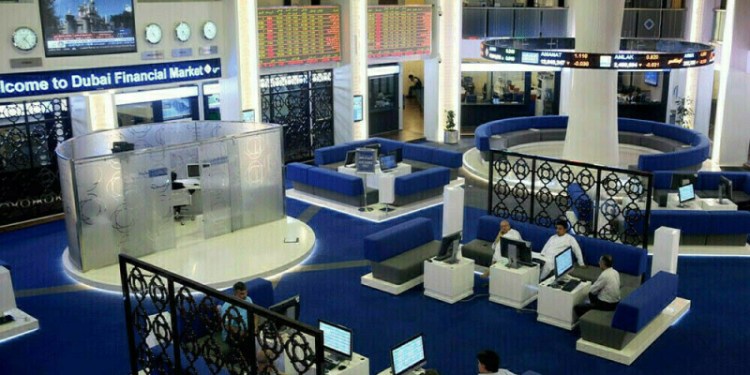Investing.com – Oil prices settled higher on Friday morning in Asia, as the U.S. asked oil producers OPEC members and Russia to prevent a spike in global oil prices.
for October delivery were up 0.42% to $68.88 a barrel at 10:03PM ET (02:03 GMT), while for November delivery also rose 0.29% to $78.41 per barrel on the New York Mercantile Exchange.
The hike on Friday morning in Asia follows a 2.5% drop in WTI prices (and a 1.7% drop in Brent oil prices) during Thursday’s trading session in the U.S. The drop was caused by reports of the biggest monthly jump in output in two years out of OPEC.
OPEC’s output by 420,000 barrels a day to 32.63 million, according to the International Energy Agency (IEA). The increase “far outweighed losses from Iran ahead of U.S. sanctions,” the IEA said.
News of the increase this week coincided with efforts by the U.S. to keep prices steady. U.S. Energy Secretary Rick Perry Alexander Novak in Moscow on Thursday, urging Novak to cooperate as leading energy producers to ensure global market stability. He told Novak that both countries are eager to keep the market competitive. He had met with Saudi Arabia officials earlier in the week. The three countries are the biggest producers of oil in the world.
After the Moscow meeting, Perry told journalists, “The [Saudi Arabia] kingdom, the members of OPEC that are opting their production to be able to make sure that the citizenry of the world does not see a spike in oil price…are to be admired and appreciated, and Russia is one of them.”
He added that the U.S., Russia and Saudi Arabia are working together to ensure accessibility to affordable energy.
Novak said earlier this week that Russia could raise output if needed and said the market is uncertain thanks to the upcoming sanctions on Iran. He proposed a joint investment fund to develop new projects during the meeting with Perry.
The International Energy Agency’s warning Thursday on a risk of spiraling oil prices in the coming months. It cited supply problems in Venezuela and Libya, as well as U.S. sanctions against Iran as the reasons for driving up oil prices.
Later this month, OPEC and other non-OPEC oil producers, including Russia, will have a meeting in Algeria to talk about the market situation.
On the supply side, incoming Mexican President Andres Manuel Lopez Obrador, who will take office in December, announced a $3.9 billion injection into next year’s budget into oil extraction. In addition, the government will also spend $2.65 billion on existing refineries and another $2.65 billion on setting up new refineries and refinery infrastructure.
Fusion Media or anyone involved with Fusion Media will not accept any liability for loss or damage as a result of reliance on the information including data, quotes, charts and buy/sell signals contained within this website. Please be fully informed regarding the risks and costs associated with trading the financial markets, it is one of the riskiest investment forms possible.
Source: Investing.com

























